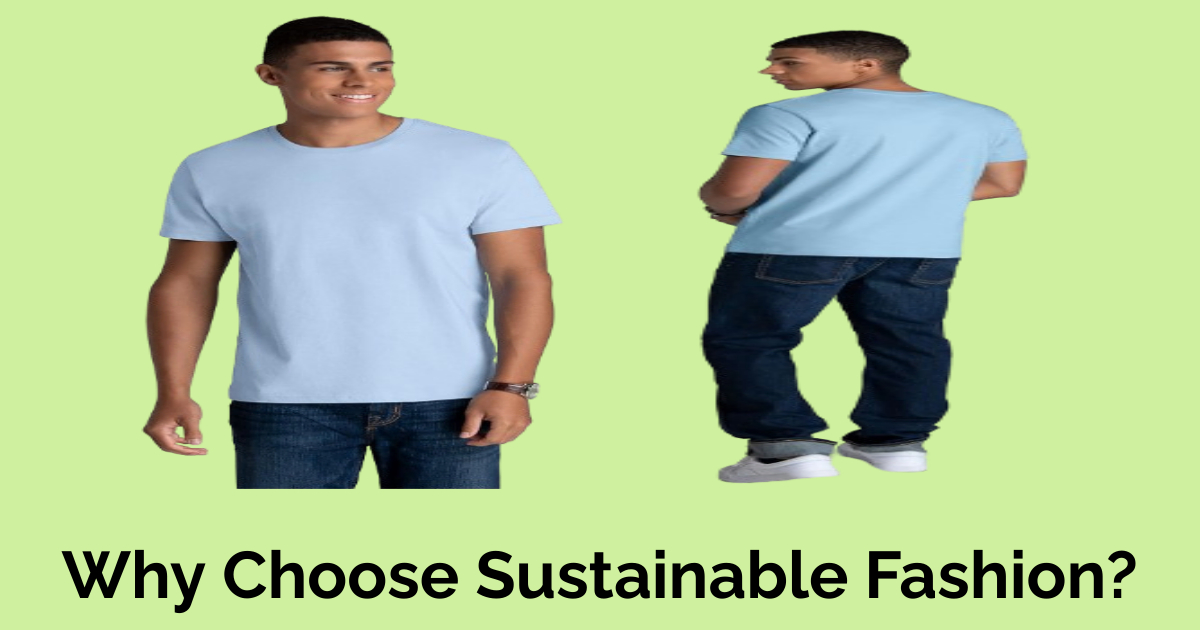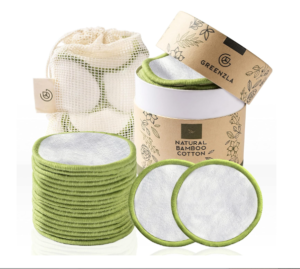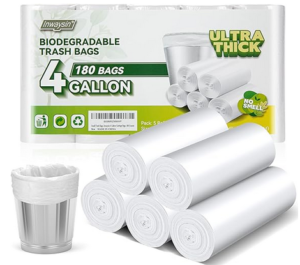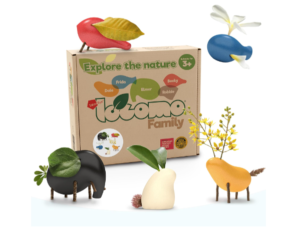Beautiful Plants For Your Interior

Sustainable Clothes: We all want to look good. For that we have to wear good clothes. The clothes we wear are clean, spotless and of good in quality. In a well civilized society, clothes are the most important and personal choice.
But most of the clothes, we wear in our daily life are made from non biodegradable materials. These materials are very harmful for our planet, nature and environment. If we want to look good and also want to protect planet, nature and environment, we have to choose sustainable clothes. Today in this blog, we will let you know why choose sustainable clothes?
What is sustainable clothes?
Sustainable clothes are clothes that are designed, produced, and distributed with a focus on minimizing environmental impact and promoting social responsibility. These clothes are made from eco friendly materials such as organic cotton, hemp, bamboo, and recycled fabrics, which require fewer resources and chemicals compared to traditional materials.

Why is Sustainable Clothing Important?
The fashion industry relies heavily on cheap, synthetic materials and low-cost labor, often with devastating environmental and social consequences. These clothes are very important for our planet, nature and environment.
Reduced Water and Chemical Usage
Sustainable clothes use eco friendly materials like organic cotton, needing less water and harmful chemicals. This translates to healthier ecosystems and a lighter footprint on our planet. By choosing sustainable fashion, we can look good and do good.
Join our telegram channel https://t.me/naturesupprter
Lower Greenhouse Gas Emissions
Synthetic fibers like polyester are derived from fossil fuels, leading to significant greenhouse gas emissions during production. These materials are non biodegradable, contributing to long-term environmental pollution.
In contrast, sustainable materials such as organic cotton, hemp, bamboo, and recycled fabrics have a lower carbon footprint. They require fewer resources, produce less waste, and often involve eco friendly production processes.
Sustainable fashion also emphasizes energy efficiency, water conservation, and the use of non toxic dyes. By choosing sustainable materials and efficient production methods, the fashion industry can significantly reduce its environmental impact, promoting a healthier planet and mitigating the adverse effects of traditional textile manufacturing.

Reduced Textile Waste
Overflowing landfills are filled with discarded clothes that take years to break down. Sustainable brands fight back with two approaches that are making clothes that last longer and promoting a “circular economy.” This means designing clothes for easier recycling or offering take back programs, giving unwanted garments a new life and reducing textile waste.
Sustainable Clothes vs. Regular Clothes
Both types of clothing serve the same purpose, sustainable clothing takes a holistic approach that considers the environmental and social impact throughout the garment’s lifecycle.
Material
Sustainable clothing prioritizes eco friendly materials such as organic cotton and recycled polyester, which have a lower environmental impact. Organic cotton is grown without harmful pesticides and uses less water, while recycled polyester repurposes existing plastic, reducing waste.
On the other hand regular clothes rely on synthetic fibers like polyester, derived from fossil fuels. Producing polyester generates significant greenhouse gas emissions and contributes to long term environmental pollution. By choosing sustainable materials, the fashion industry can reduce its carbon footprint and promote a more environmentally friendly and responsible approach to clothing production.
Production
Sustainable clothing is produced with a focus on minimizing water and energy usage, while regular clothing production processes can be energy-intensive and use harmful chemicals.

Labor Practices
Sustainable brands prioritize fair wages and safe working conditions for their employees. Regular clothing production may involve questionable labor practices in pursuit of lower costs.
Durability
Sustainable clothing is often made with better-quality materials and construction techniques, leading to longer-lasting garments. Regular clothes might be cheaply made, leading to quicker wear and tear.
Follow us on twitter https://twitter.com/ntspt24
Life
Some sustainable brands have take-back programs for worn-out clothes, aiming for either recycling or upcycling. Regular clothes usually end up in landfills after being discarded.
| Factor | Sustainable Clothing | Regular Clothing |
|---|---|---|
| Material | Prioritizes eco-friendly materials like organic cotton or recycled polyester | Relies on synthetic fibers like polyester, derived from fossil fuels |
| Production | Minimizes water and energy usage; avoids harmful chemicals | Often energy-intensive; uses harmful chemicals |
| Labor Practices | Ensures fair wages and safe working conditions | May involve questionable labor practices to cut costs |
| Durability | Made with better-quality materials and construction techniques, leading to longer-lasting garments | Often cheaply made, leading to quicker wear and tear |
| End of Life | Brands may have take-back programs for recycling or upcycling worn-out clothes | Usually ends up in landfills after being discarded |
Loom Recover Cotton T-Shirt Sustainable Clothes
This short-sleeve t-shirt combines comfort, style, and sustainability for a guilt-free wardrobe essential. Made from a unique blend of recycled and eco-conscious materials, it’s a win for both you and the planet. The fabric feels luxurious against your skin, thanks to a soft jersey knit. But this jersey goes beyond comfort.
Better Cotton
This cotton supports sustainable farming practices through the Better Cotton Initiative (BCI). BCI farmers focus on water conservation, soil health, and minimizing pesticide use, leading to a lower environmental impact.
Buy at Amazon https://www.amazon.com/dp/B09J1XJRZ7//?tag=naturesupport-20
Recover Cotton
This innovative material gives pre-consumer cotton scraps a second life. By incorporating recycled cotton fibers, the t-shirt reduces its reliance on virgin cotton production, which can be resource-intensive.
Recycled Polyester
This adds a touch of durability and wrinkle resistance. But unlike virgin polyester derived from fossil fuels, recycled polyester uses plastic waste like water bottles, diverting them from landfills and giving them a new purpose.

Sustainable Style
This t-shirt proves that eco-conscious clothing can be both stylish and comfortable. The soft jersey fabric drapes beautifully, while the classic short-sleeve design offers versatility for layering or wearing on its own. It’s a perfect choice for everyday wear, casual outings, or even a relaxed weekend look.
Long Lasting
This t-shirt isn’t just about eco-friendly materials. It’s designed for longevity too. Double needle stitching along the hems ensures a clean finish that resists fraying, even after multiple washes. This combination of thoughtful design and durable construction means you can enjoy your t-shirt for years to come, reducing textile waste that ends up in landfills.
| Category | Details |
|---|---|
| Fabric Type | 80% Cotton, 20% Recover™ Cotton |
| Care Instructions | Machine Wash |
| Origin | Imported |
| Closure Type | Pull On |
| Available Colors | Antique Green, Black, Grey Heather, Ivory, Lilac Petal, Mars Red, Navy, Open Air Blue |
| Customer Reviews | 4.6 out of 5 stars |

Conclusion
Fashion is an important aspect for everyone. We all want to look good and attractive. Our clothes are the most important thing. But the most of the clothes, we wear are made from synthetic fibres. These clothes are very harmful for our planet, nature and environment. By choosing sustainable clothes we can not only protect ourselves but also protect our planet, nature and environment. If you like this blog, please let us know through your valuable comments. Thankyou!
Our more blogs in this category is here https://naturesupporter.com/blog/



